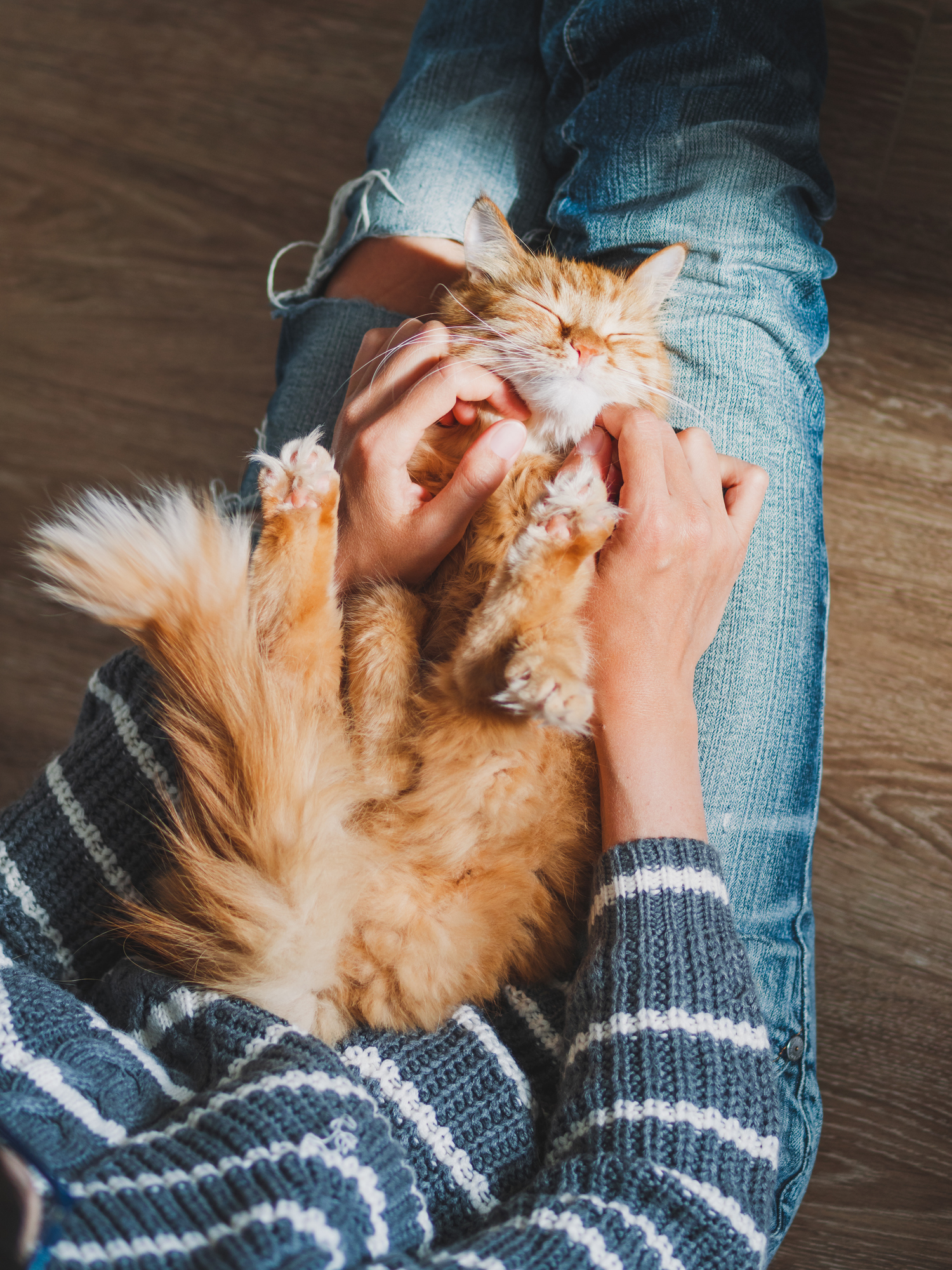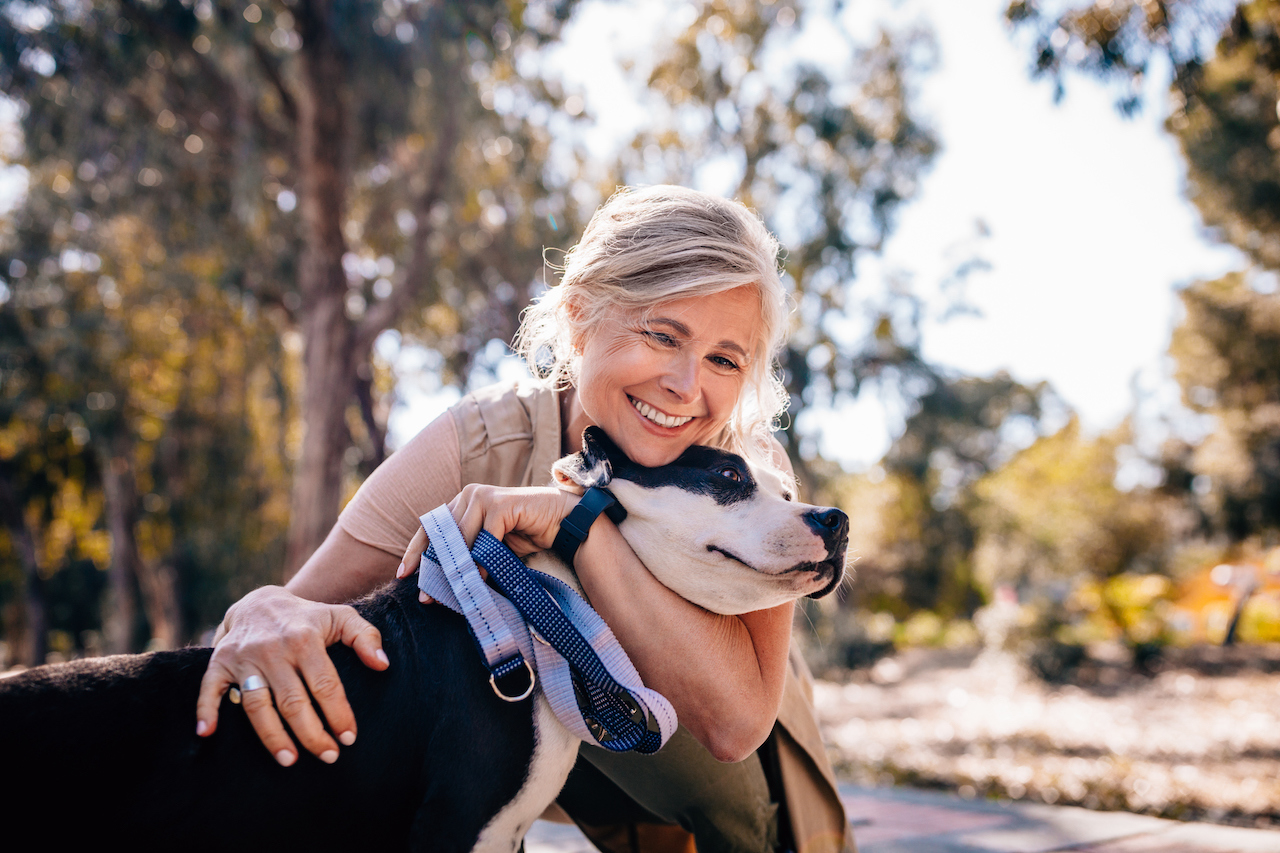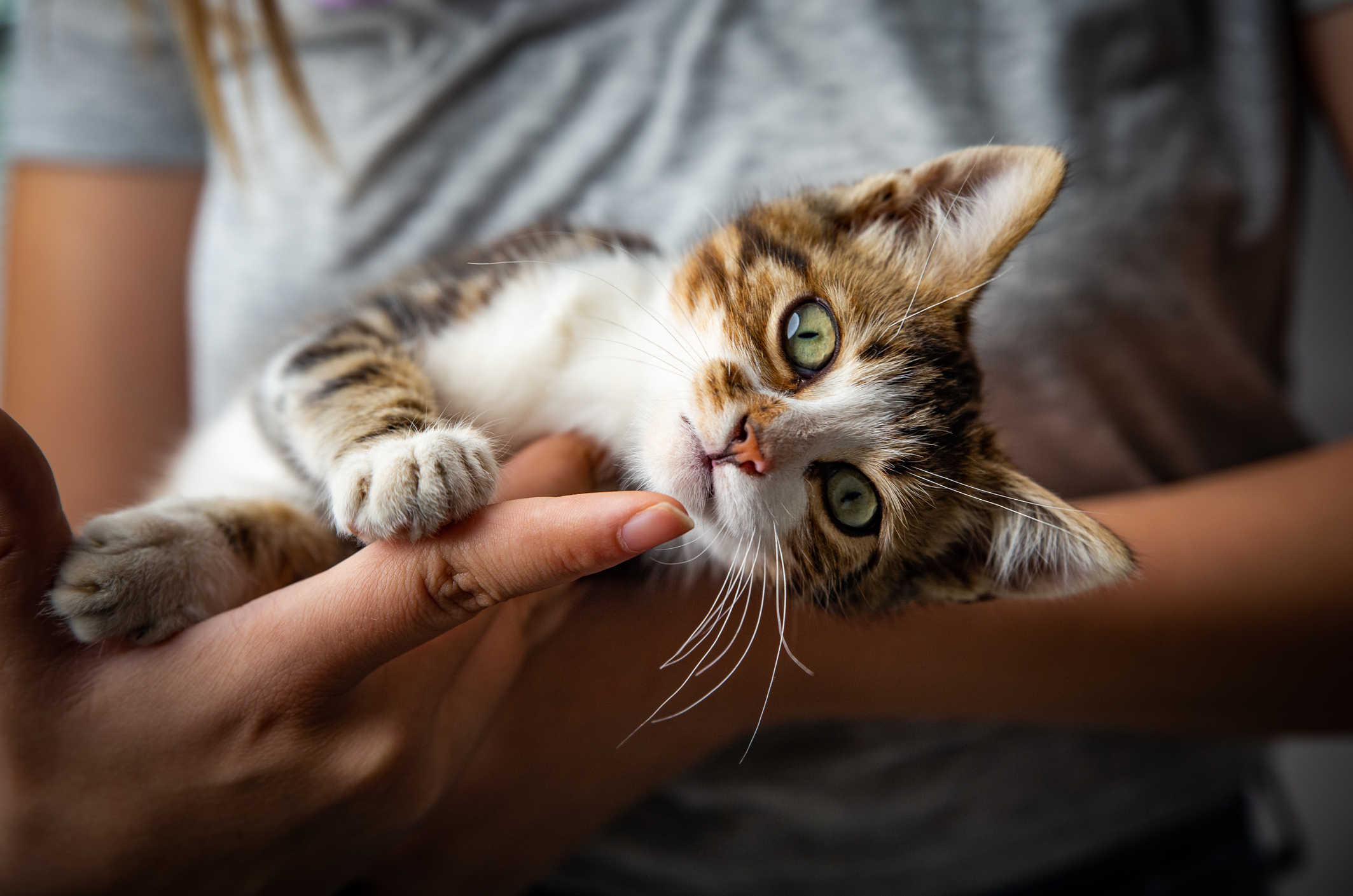To help your pet to stay healthy it is important to have a physical examination at least once a year. At this time we can also help answer questions you may have regarding your pet’s health or behaviour, provide you with updated information on current recommendations for preventive health care, let you know what’s new in flea and parasite control (including heartworm in dogs) and assess your pet’s overall health and nutritional status.
We have programs designed for all stages of your pet’s life from puppies and kittens to adult and senior pets. Whether you choose only select services for your pet’s care or purchase one of our wellness packages, regular yearly exams focus on keeping your pet healthy and confronting problems before they get out of hand.
For your convenience, we offer the following programs for your pet:
Puppy Plan – includes all core vaccinations and examinations, a fecal test, deworming, free nail trims, spay/neuter, and some other great bonuses!
Kitten Plan -includes all core vaccinations and examinations, a fecal test, deworming, a Feline Leukemia/Immunodifficiency Virus blood test (FeLV/FIV test), free nail trims, spay/neuter, and some other great bonuses!
Healthy Dog Plan – includes annual examination and core vaccinations, a heartworm test, free nail trims, fecal test or deworming, and a discount on heartworm medications
Healthy Cat Plan – includes annual examination and core vaccinations, a heartworm test, free nail trims, fecal test or deworming, and a discount on flea medication





